
A vehicle is assembled at a BMW smart production line in Shenyang, Liaoning province. (Photo/chinadaily.com.cn)
China's manufacturing activity expanded for the second consecutive month in April, official survey results showed on Tuesday, pointing to a modest recovery in China's growth momentum, thanks to policy support and a gradual recovery in domestic demand.
Analysts said China's GDP growth will likely accelerate in the second quarter, given a low comparison base in the previous year and stepped-up macroeconomic policy support, including driving large-scale equipment renewal and the trade-in of consumer goods.
Meanwhile, they cautioned that the economic recovery trend is not yet solid, with factory activity expanding at a slower pace, and said this underscores the need for greater policy support to tackle the insufficient demand faced by some sectors and to address property sector woes.
A meeting of the Political Bureau of the Communist Party of China Central Committee stressed on Tuesday that the broader economy is still facing challenges, including a lack of effective demand, high operational pressures on enterprises, and risks and potential dangers in key areas.
The meeting said the country will take moves to actively expand domestic demand and implement the plan for promoting large-scale equipment renewal and trade-in of consumer goods. It also said more efforts should be made to ensure delivery of presold homes and safeguard the legitimate rights and interests of homebuyers.
Data from the National Bureau of Statistics showed on Tuesday that China's official purchasing managers index for the manufacturing sector stood at 50.4 in April versus 50.8 in March, above the 50-point mark that separates growth from contraction.
Zhou Maohua, a researcher at China Everbright Bank, said the latest data indicates a stabilizing economy, while the slower expansion rate points to a moderate recovery in domestic demand.
China's nonmanufacturing PMI, which incorporates subindexes for service sector activity and construction, came in at 51.2 in April versus 53 in March. The country's official composite PMI, which includes both manufacturing and nonmanufacturing activities, dropped from 52.7 in March to 51.7 in April, the NBS said.
Zhou said May's manufacturing activity growth may slow due to the five-day May Day holiday, while the services sector will likely improve significantly in May.
"With robust support from macroeconomic policies coupled with the low base effect from last year, economic growth in the second quarter is expected to further accelerate," he said.
NBS data showed a mixed picture of the economic recovery, with China's GDP growth accelerating to 5.3 percent year-on-year in the first quarter, while March's industrial profits declined 3.5 percent.
Although the first-quarter's real GDP growth beat expectations, "March monthly data confirmed slowing activity momentum at the tail end of the last quarter, with retail sales and industrial production declining on a sequential basis", said Louise Loo, lead economist at British think tank Oxford Economics.
Meanwhile, she said the external environment is likely to offset some of the domestic oversupply pressures, providing support to the Chinese economy this year.
"We expect China's goods exports, in real terms, to sustain a healthy 6.3 percent growth this year, which should contribute to a smaller, but still sizeable, current account surplus of around 1.1 percent of GDP. Should external demand conditions turn out to be weaker, we expect domestic policy stimulus to provide a buffer," Loo said.
Looking ahead, Loo said policy easing is likely to continue until the growth target is within sight.
"Our baseline expectations include a small uptick in the fiscal impulse in 2024, driven by centrally funded policy tools such as central government bond issuances and policy bank support," she said. "A round of a 'Cash-for-Clunkers' trade-in program for big-ticket household goods and equipment trade-in has been announced, and we expect this to provide some support to household consumption."
Lu Ting, chief China economist at Nomura, said that domestic economic rebalancing is unlikely to progress very far without a stabilization of the property sector.
"We do expect China to eventually become more supportive of the worsening property sector by paying directly for the rescue," Lu said.








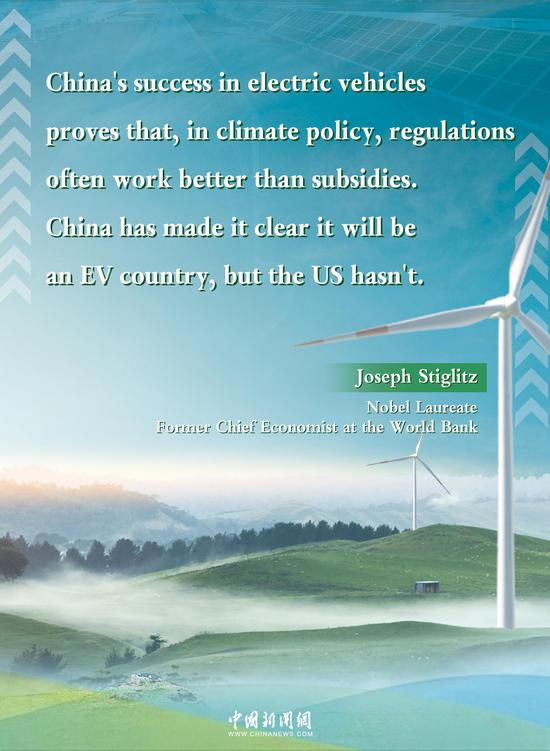



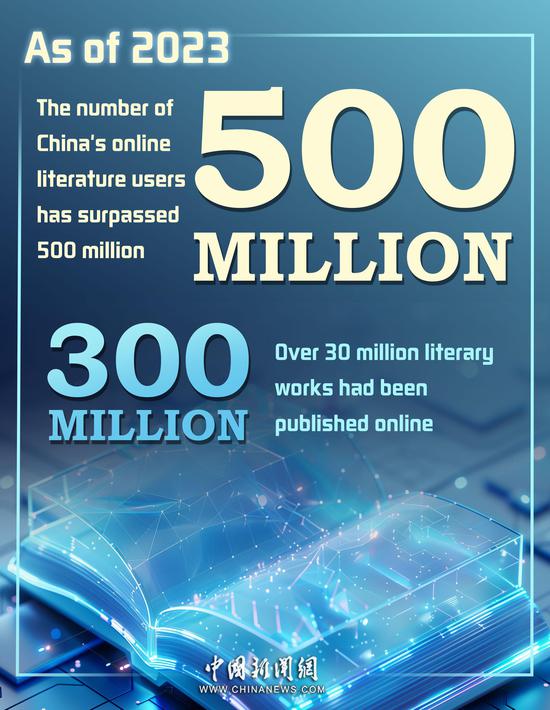
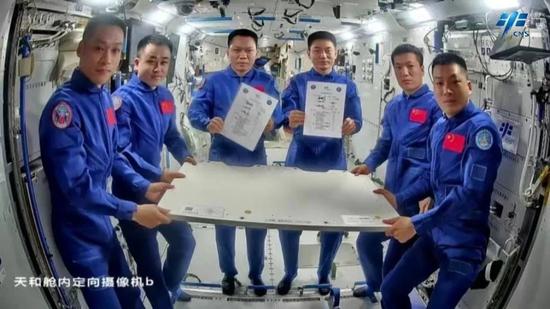



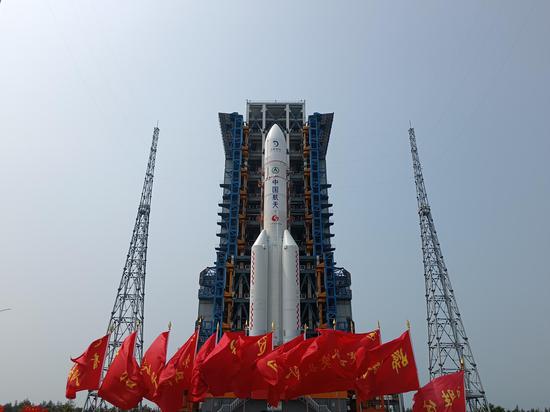

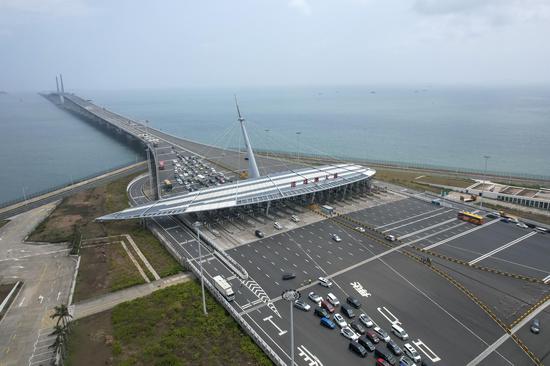


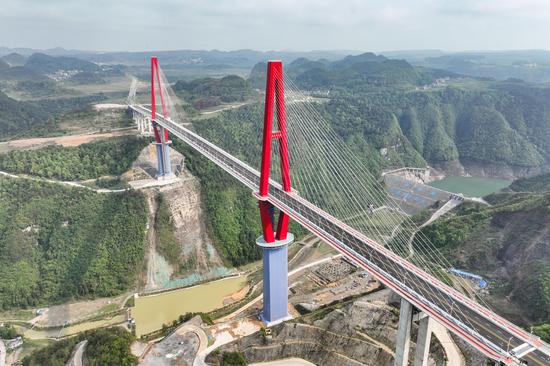
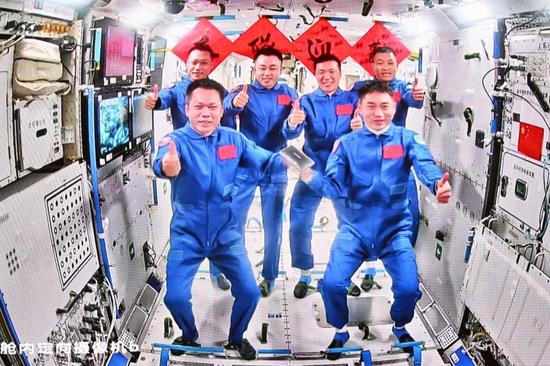
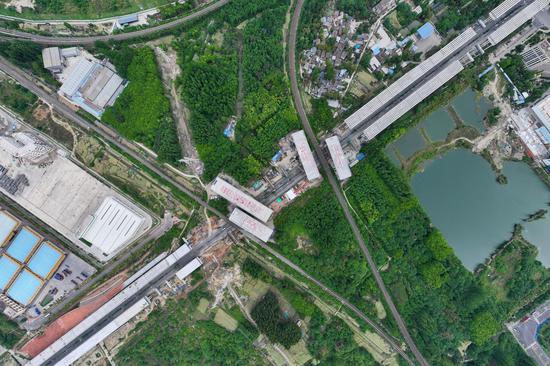

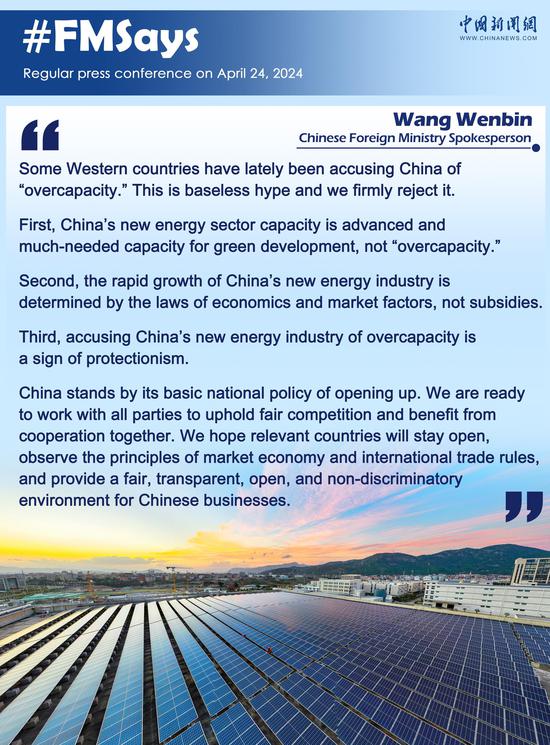
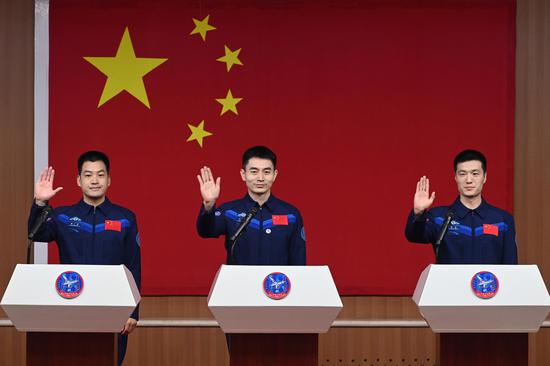
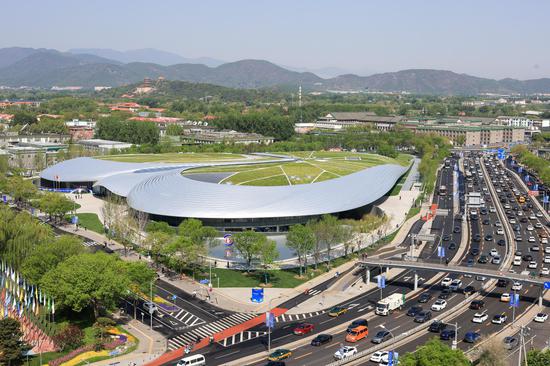

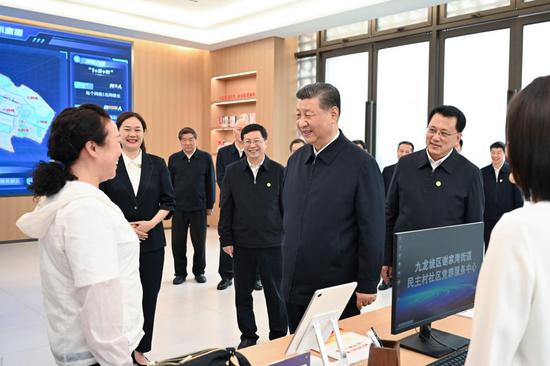

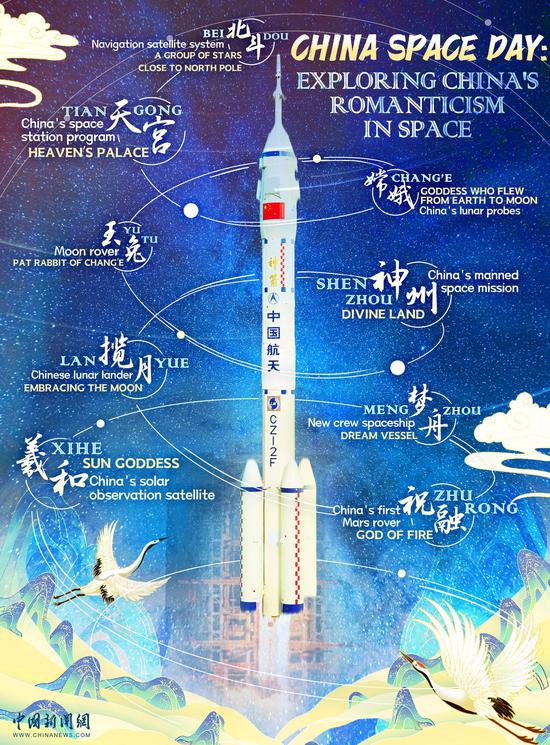







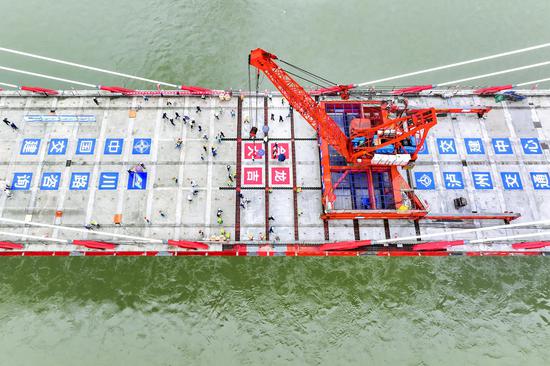

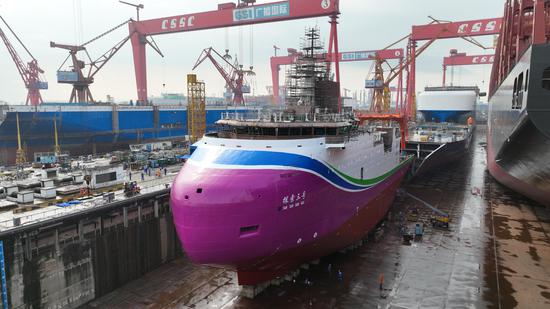



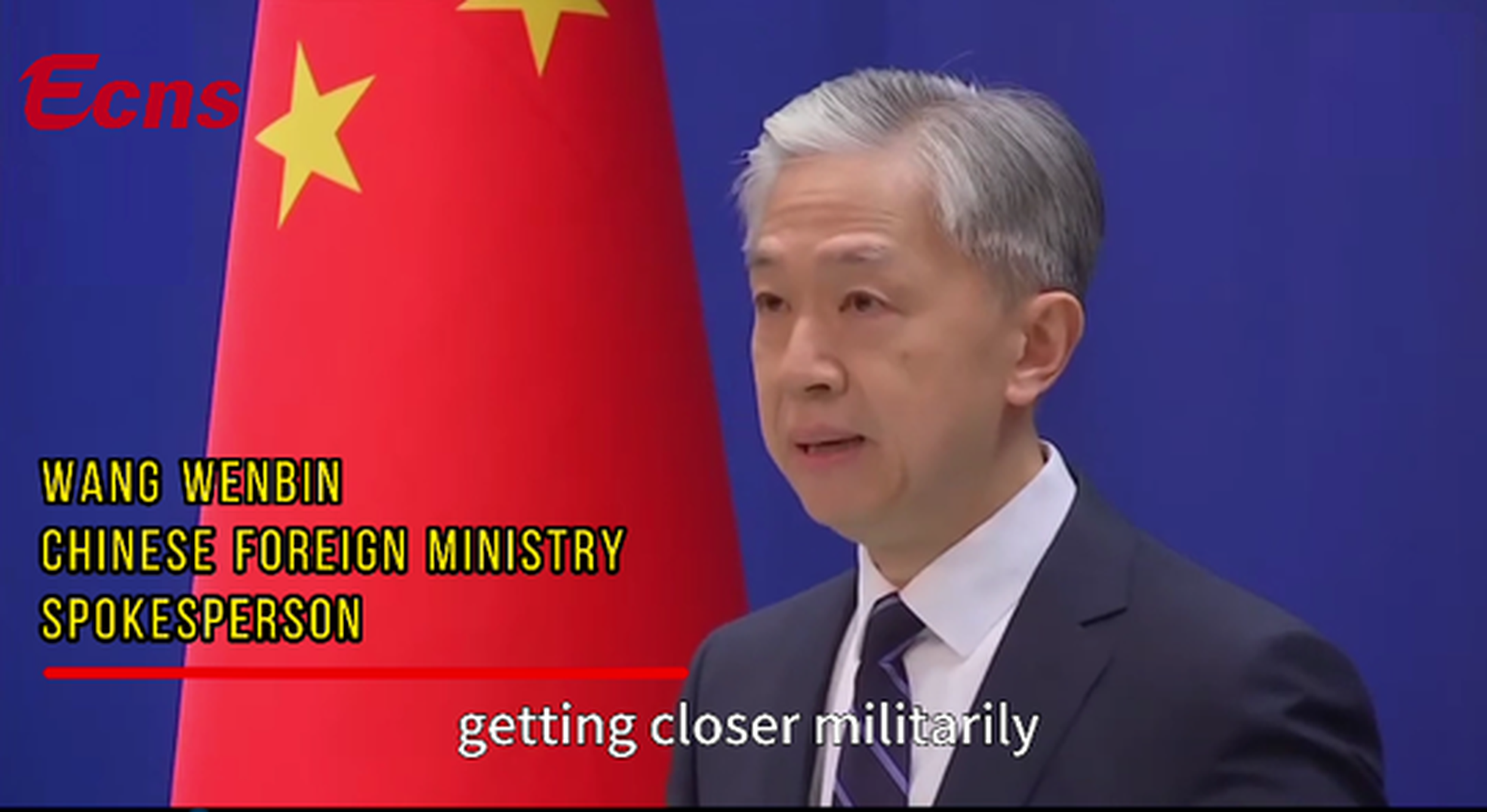



 京公网安备 11010202009201号
京公网安备 11010202009201号